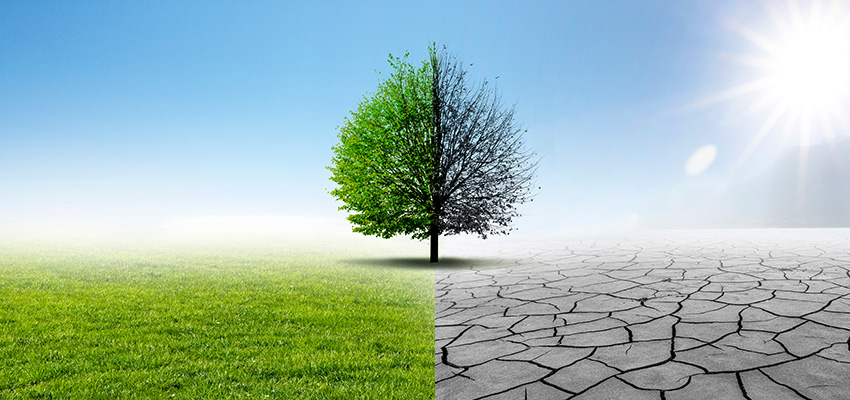I CANNOT help but be philosophical for 2020. Observing such a devastating season of bushfires, stopping my children from playing outside due to smoke, reports from scientists around the world stating the last decade was the “warmest decade recorded” as well as mainstream and social media beaming images and stories constantly – surely the most sceptical out there has to give pause to reconsider.
It is also interesting to notice the change in fictional drama developing as writers of such shows as “The Commons” and “Occupied” script the climate as the main protagonist.
It feels to me the climate will be more and more a focal point going forward (not that it hasn’t been for those who have been passionately outspoken for many years).
If I contemplate the climate into the shipping and logistics environment I can very easily identify where the changes will impact shippers.
Traditionally the period just before Christmas is the busiest as retailers, event organisers and industry “traditional Christmas slowdowns” drive the urgency of goods for arrival before that mythical guy in a red suit eats a cookie.
This year however, the climate played a factor in the delay of vessels being worked at ports for a number of factors – smoke closing stevedore operations, heat above 38 degrees stopping operations, wind stopping operations – all of these events push volumes back a day or two which compounds as the freight doesn’t stop coming in.
Couple this with day to day normal challenges such as a random border control inspection and you start counting the minutes around your operations as goods back up considerably.
During the period before Christmas it became impossible at times to determine where goods were as shipping companies could not provide you with any information as the system seemed to break down.
ANL bit the bullet and brought a container vessel into Bell Bay to clear the back log – this was the saving grace. It is a reminder again that we are on an island and a butterfly wing flap anywhere can definitely affect us.
These changes need to be considered not only by shippers, but also by the stevedores, coastal carriers and all involved in the operations – if trends and predictions are correct, this could be the new normal at least.
The other area of pain for shippers is the introduction of the IMO reduction of sulphur emissions as well as increased biosecurity fees – these are all climate related reaction events that will, without any doubt at all, add to the cost model of trade – the warnings have been coming for some time – now the reality is hitting.
Despite the confronting reality of the world we live in as the first piece for 2020, I sincerely wish for all a successful year ahead.

